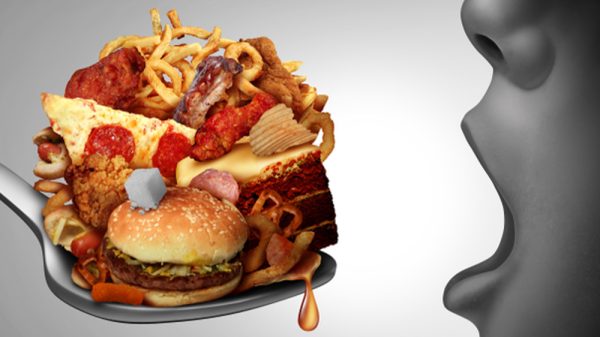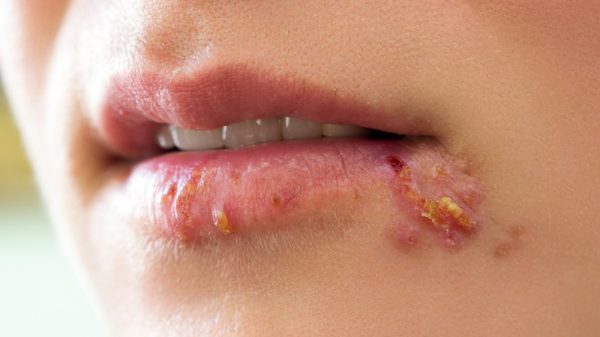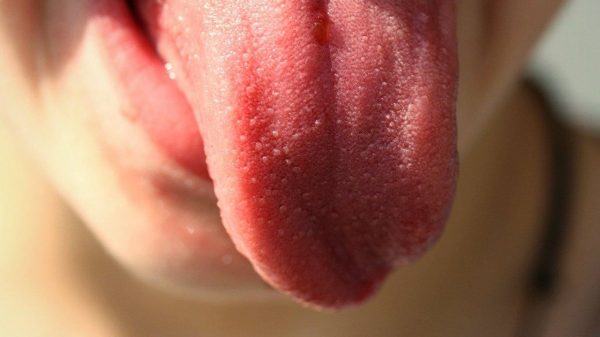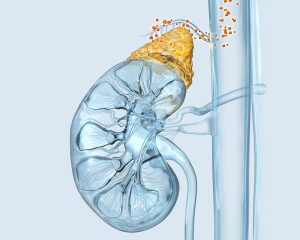We are all familiar with anorexia and bulimia. But what is orthorexia? Orthorexia is a relatively new eating disorder that has been rising in prevalence, especially with the spread of social media in recent decades. Orthorexia may not be as easy to spot as other eating disorders, but it can be as equally damaging as its other more well-known eating disorder counterparts.
So, what is orthorexia, anyways? Read on to find out what you need to know.
What Is Orthorexia?
Orthorexia, or orthorexia nervosa, describes an unhealthy obsession with healthy eating. Dr. Steven Bratman initially devised the term “orthorexia” to describe patients’ obsession with health and wellness. (1)
Orthorexia is a combination of two Greek words “ortho” and “orexi,” which translate to “correct” and “appetite.” (2)
Dr. Bratman also explains that his use of the term “orthorexia” was not intended to create a new diagnosable condition. (1) He draws a clear distinction between pathological eating behavior, versus simply believing unsupported or unscientific information that characterizes diet theories. (1) He also argues that each must be handled with different approaches. (1)
Unlike anorexia nervosa and bulimia, orthorexia is not designated in the Diagnostic and Statistical Manual of Mental Disorders (DSM-5). As a result, there are no standardized diagnostic criteria. However, orthorexia may be considered to be a form of obsessive-compulsive disorder or a type of generalized restrictive eating disorder.
Dr. Scarff, a psychiatrist in South Carolina, published a hypothetical case study analyzing orthorexia. (2) Dr. Scarff points out the challenges of identifying and diagnosing the condition, saying it’s unclear whether orthorexia would best be classified as its own condition or as a presentation of other anxiety or eating disorders. (2) Like Dr. Bratman, Dr. Scarff explains that orthorexia is especially challenging to identify because some of its defining characteristics can fall within the spectrum of normal behavior.
Signs of Orthorexia
The National Eating Disorders Association outlines some of the signs of orthorexia. Signs and symptoms of orthorexia may include: (3)
- Consuming only a few types of food on a very restricted diet
- Compulsive behavior and concern about how healthy certain foods and ingredients are
- Following healthy food and lifestyle pages on social media
- Obsessively checking ingredients and nutritional labels
Dr. Scarff, in his article published in the Federal Practitioner, presents criteria that could potentially be useful for clinicians when identifying and diagnosing orthorexia. (2)
- Obsessively following self-imposed rules regarding healthy eating
- Breaking these rules results in negative psychological responses, including anxiety, guilt, or fear or disease
- Dietary restrictions intensify over time, and the person may eliminate entire food groups and may engage in frequent and prolonged cleanses and fasting episodes
- Weight loss may occur, though the person’s focus is on healthy eating and not the desire to lose weight
- Obsessively planning, purchasing, and preparing meals
Dr. Scarff describes that orthorexia could clinically affect a person’s functioning when:
- Dietary restrictions cause malnutrition and weight loss
- Obsession with healthy eating leads to negative impacts on daily functioning
- Self-worth and body image are directly dependent on following strict, self-imposed healthy eating patterns
In general, healthy eating can cross the line of abnormal behavior once it begins to interfere with a person’s health and other areas of life. Orthorexia and associated behaviors and signs can also overlap with other eating disorders like anorexia nervosa, bulimia nervosa, and binge eating.
What Are the Causes of Orthorexia?
There is likely not one specific risk factor that is linked to orthorexia. However, there are likely several contributing triggers and factors that interact to increase the likelihood of developing orthorexia.
1. Social Media
Social media platforms like Instagram and TikTok continue to grow in popularity, giving a platform to individuals who are touting certain dietary rules and regimens. Vulnerable viewers may take this information to an extreme, altering their diet habits to fit their favorite influencers. Another issue is that many influencers do not have diet and nutrition training, and therefore may be spreading misinformation.
Many trends on these social media platforms feature “what I eat in a day” videos, clean eating tips, healthy food and diet tips, and weight loss tips. Social media algorithms may also push these videos onto viewers’ pages, showing more and more extreme diet content. For impressionable viewers, these social media trends can have a detrimental impact on health and well-being by setting unrealistic standards for eating and beauty.
2. Anxiety
Anxiety and perfectionism may be linked to a higher risk of developing disordered eating habits. Anxiety and perfectionism may manifest as a desire to obsessively control food and achieve an unrealistic level of health.
3. Genetic Pickiness
Some people are born with a genetic tendency for avoidant and restrictive food intake disorders. This disorder often arises as a child, as a result of a genetic sensitivity to the taste, textures, and smells of certain foods. Struggling with food pickiness could also be linked to other disordered eating patterns, such as an obsessive focus on a healthy diet and healthy lifestyle.
4. Exposure to Abnormal Eating Habits During Childhood
Parents are behavioral models for their children. If a child sees their parent engaging in unhealthy restrictive or obsessive eating habits, the child may be more likely to imitate and adopt these eating habits and thought patterns.
A Norwegian study published in Eating Behaviors studied the eating behaviors of mothers with anorexia, bulimia, and binge eating disorders in comparison to mothers without eating disorders. (4) Researchers also investigated child eating behaviors. Results found that mothers with bulimia and binge eating disorders reported more issues with child eating than mothers without eating disorders. Moreover, mothers with bulimia and binge eating disorders reported significantly higher anxiety symptoms in children than mothers without eating disorders. (4) These findings shed light on the impact of parental disordered eating on children. (4)
What Orthorexia Is Not
It can be helpful to have a frame of reference for what is normal eating behavior. Simply wanting to be healthy and take care of your body is not abnormal.
It’s healthy to eat a balance of macronutrients in your diet, including fats, proteins with optimal ratios of essential amino acids, and carbohydrates for energy. It’s also healthy to eat a variety of whole, nutrient-dense foods that make you feel your best.
What many people don’t realize is that healthy eating is also linked to mental health and psychological well-being. You should also be able to enjoy your food without being riddled with guilt or negative emotions. If you eat a bowl of ice cream and are overcome with shame or feel like you’ve ruined your diet, this may be a sign that something is amiss.
What to Do If You Observe Signs of Orthorexia
Are you noticing warning signs of orthorexia in yourself or a loved one? There are steps you can take to prevent the progression of disordered eating patterns and seek treatment. If you notice that you are exhibiting signs of orthorexia, reach out to your primary care provider. Your physician will be able to assess your health, screen for malnutrition, and detect psychological abnormalities. Your physician can also refer you to behavioral therapy specialists. Only your doctor and healthcare professionals will be able to assess your condition and determine whether your eating patterns and behavior are normal or abnormal.
If you are interested in eating a healthy and balanced diet that supports your individual needs, it’s also best to talk to your doctor and a registered dietitian. Health and nutrition professionals can help you make the best food choices for yourself. Avoid adopting diet patterns from social media influencers.
Conclusion: What You Need to Know About Orthorexia
In a nutshell, orthorexia is a condition in which eating healthy and taking care of yourself crosses over into an unhealthy obsession with healthy eating that negatively impacts your well-being. However, there’s a lot of gray area in how to identify and diagnose orthorexia. If you recognize any signs of disordered eating, it’s important to speak to your health care provider.
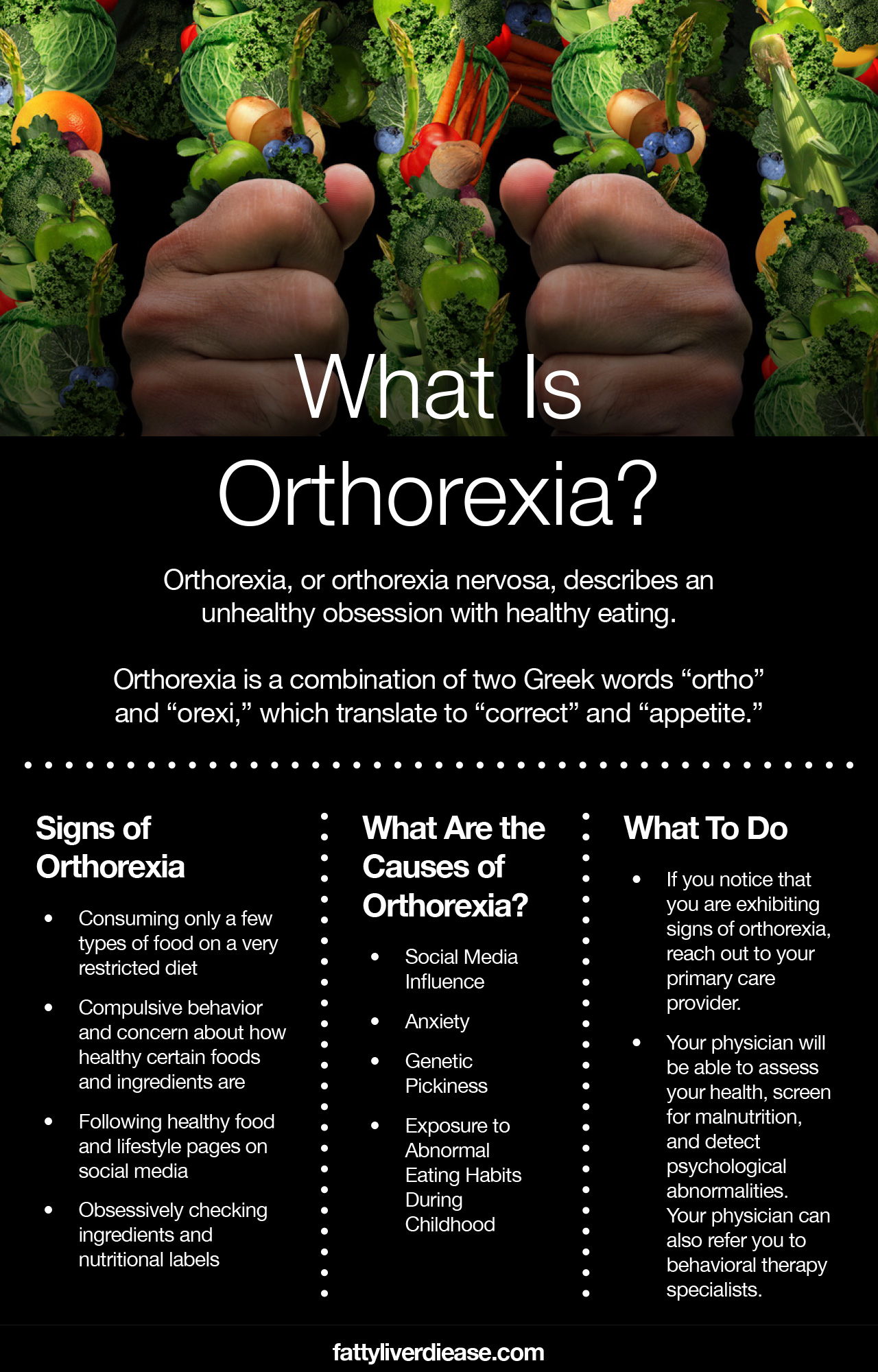
References:
(1) https://link.springer.com/article/10.1007/s40519-017-0417-6
(2) https://www.ncbi.nlm.nih.gov/pmc/articles/PMC6370446/
(3) https://www.nationaleatingdisorders.org/learn/by-eating-disorder/other/orthorexia
(4) https://www.sciencedirect.com/science/article/abs/pii/S1471015309000907?via%3Dihub
